Bags & Pouches
Jewelry
Bring a tangy, fruity, and colorful touch to your dishes with this 100% natural sumac. A Palestinian artisan harvests it and then grinds it in Jerusalem. Thanks to this meticulous work, every grain retains its full flavor and authentic aroma.
An iconic spice in Palestinian cuisine
Sumac (السماق) is the key ingredient of msakkhan, a traditional dish made with taboun bread, caramelized onions, and chicken. It also beautifully enhances salads, rice, chicken, grilled meats, and hummus. In addition, it can replace lemon or vinegar for a milder, fragrant acidity, bringing freshness and balance to your recipes without overpowering other flavors.
How to use sumac in cooking?
You can sprinkle sumac on your dishes just before serving. It also blends perfectly with olive oil to create a quick, flavorful sauce. Add it to your marinades to elevate your meats, or pair it with Palestinian zaatar or cardamom for an even more aromatic mix.
Benefits and virtues 🌱
In addition to its refined taste, sumac aids digestion, acts as a diuretic, and soothes sore throats. It also helps reduce certain digestive issues. Moreover, it is rich in antioxidants, protecting cells from aging.
Origin and social commitment 🇵🇸
By choosing this sumac, you directly support Palestinian artisans. Without intermediaries, your purchase helps preserve ancestral know-how and strengthens the local economy.
Weight: 250 g – Ingredients: 100% ground sumac – No additives – Gluten-free – Vegan.
Add this Palestinian culinary treasure to your kitchen today. Thanks to its versatility, it will quickly become a staple in your seasoning collection.
📦 Available immediately and ready to join your pantry.
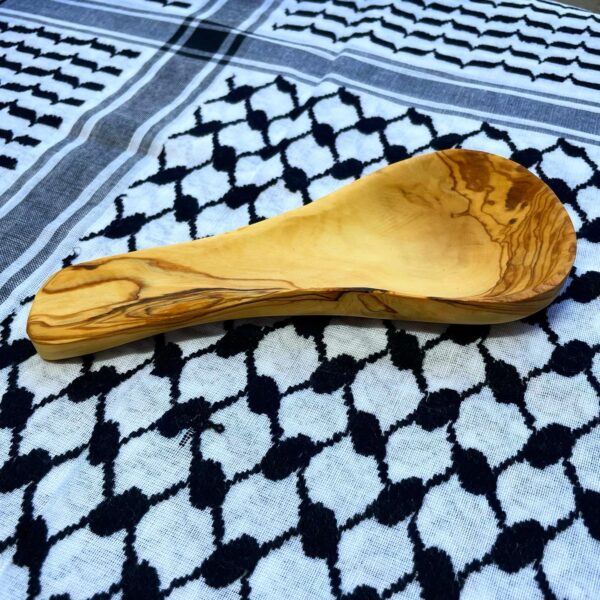
22.00€
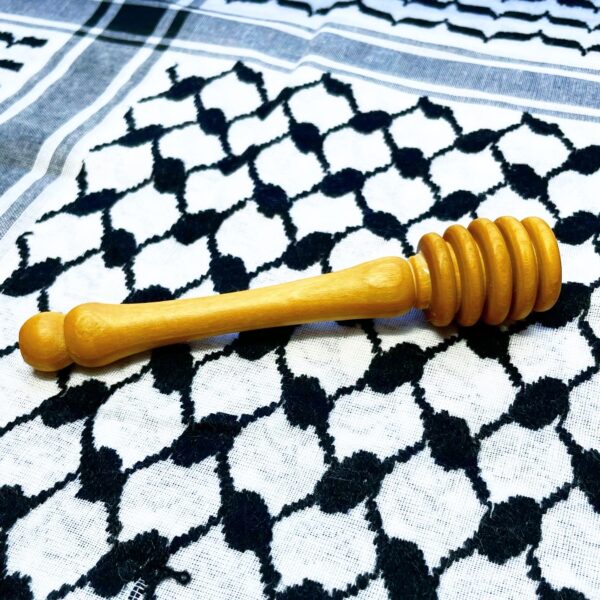
17.00€
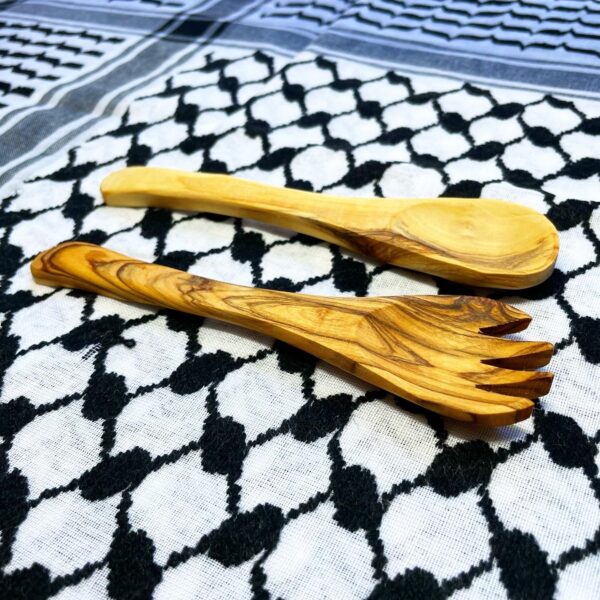
Original price was: 27.54€.23.24€Current price is: 23.24€.
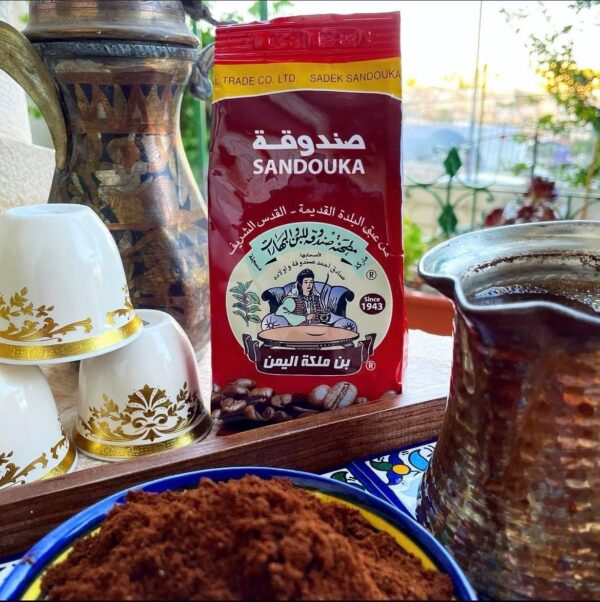
15.00€
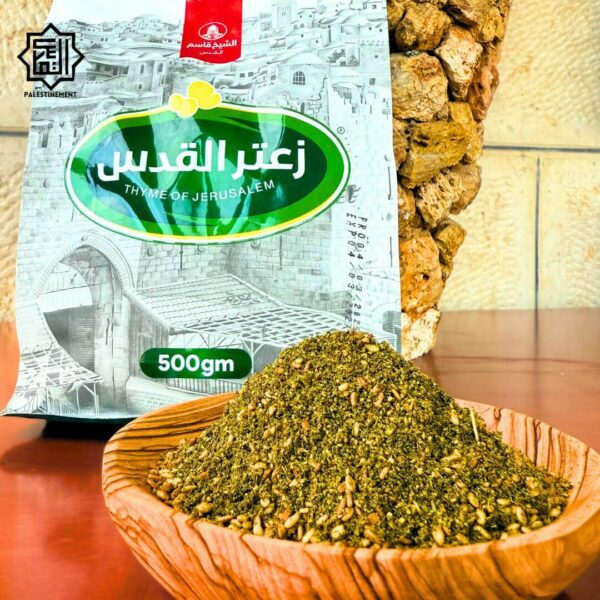
8.00€
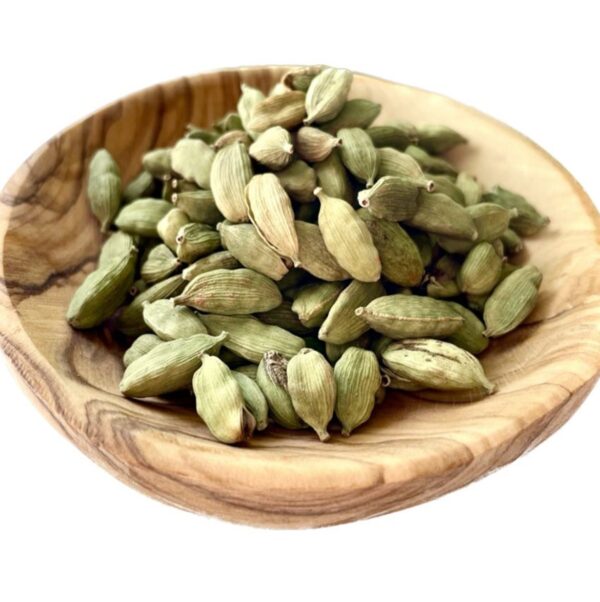
25.00€
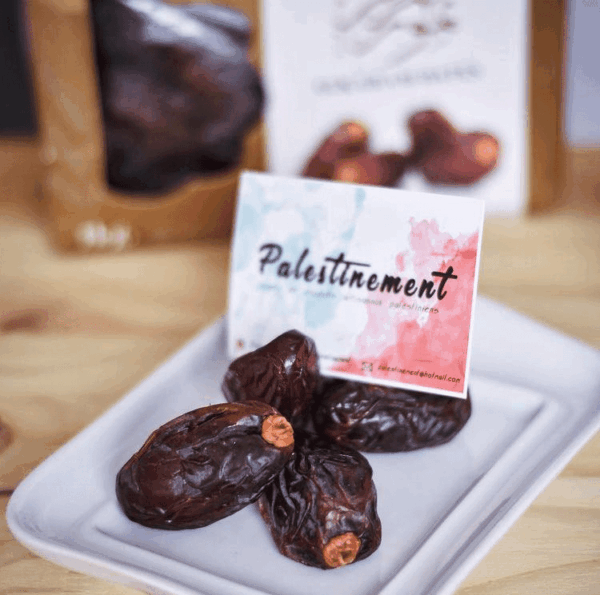
23.00€ 200.00€Price range: 23.00€ through 200.00€
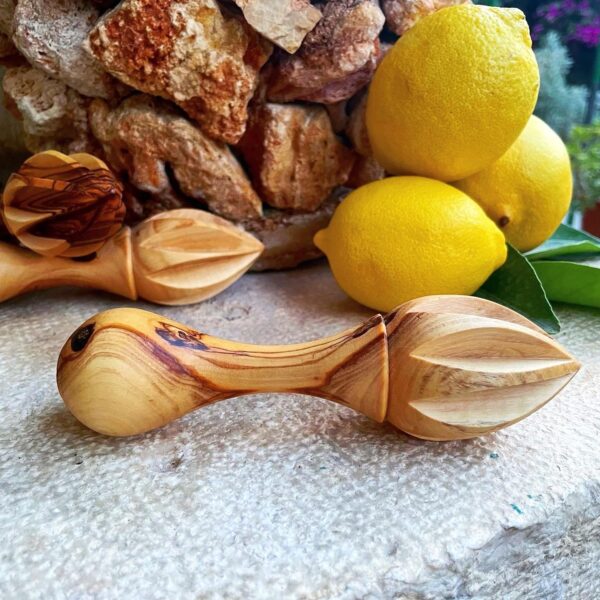
17.00€
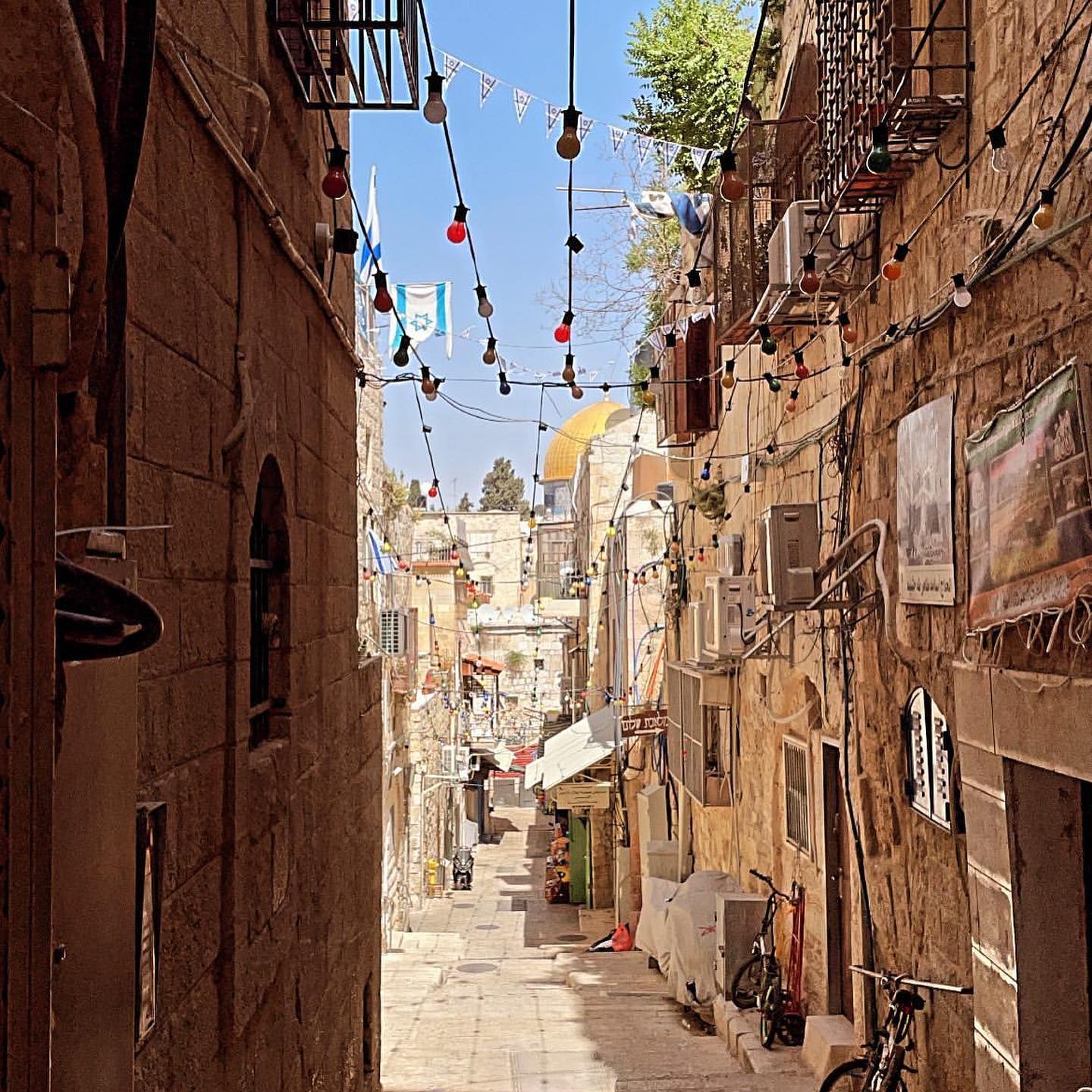
Palestinement offers you a variety of products from different vendors in Jerusalem’s Old City.
We group these vendors under the label “Old City Vendors” because, at this stage, we don’t offer enough varied products from each of their shops to create separate categories for them.
It is vital to support them: Palestinian shopkeepers in Jerusalem face significant discrimination compared to other merchants. They are burdened with heavy taxes, excluded from state aid, and subjected to constant harassment by the police and tax authorities. On top of this, they are discriminated against when it comes to access to tourists — their main source of income. Most tourists are accompanied by Israeli tour guides who strongly discourage them from buying from Palestinian shops, falsely claiming that doing so would fund terr*rism.
For all these reasons — and many more — let’s support them and help keep the living heritage of Jerusalem’s Old City alive!